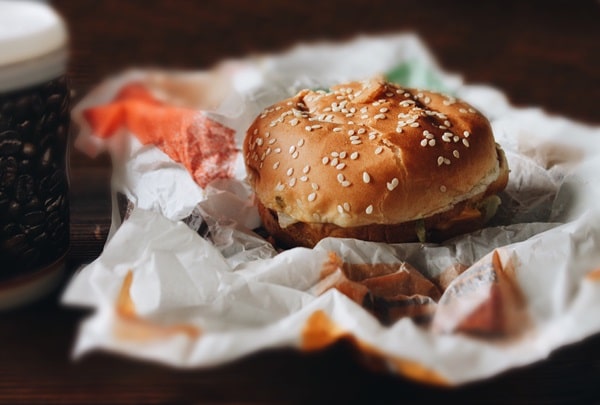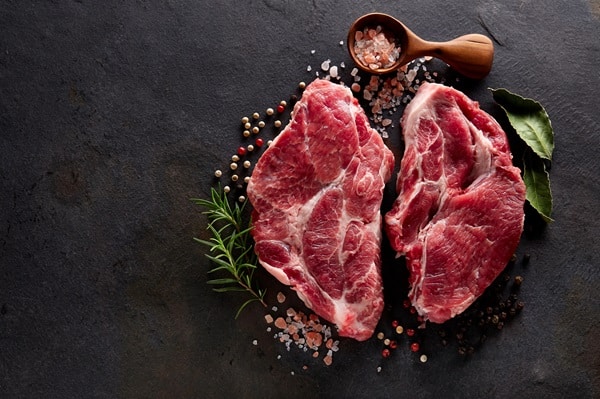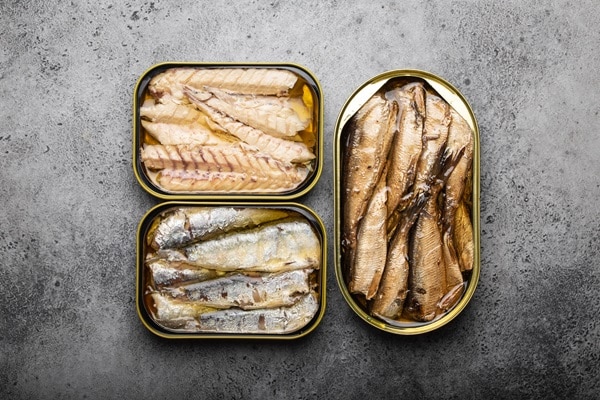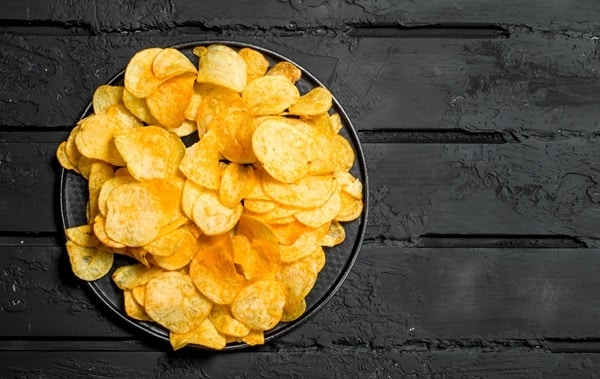Navigating dietary choices becomes increasingly crucial as one crosses the threshold of 30. This pivotal age marks a shift in metabolism and nutritional needs, making it essential to reassess eating habits. The focus here is on identifying foods that might do more harm than good in this new chapter of life. Understanding what to avoid is just as important as knowing what to include in a diet. This guide delves into the specifics, helping to make informed decisions for maintaining health and vitality after your 30s.
Contents
Processed Sugars

Processed sugars are a hidden foe in many diets, especially harmful as one’s metabolism slows down with age. These sugars, often found in sweets, sodas, and various processed foods, can lead to weight gain, a heightened risk of type 2 diabetes, and even affect skin health, accelerating the appearance of aging. The body’s decreasing ability to handle insulin spikes caused by processed sugars underscores the need for caution.
Switching to natural sweeteners like honey or maple syrup and incorporating more whole fruits for sweetness can be beneficial. It’s not just about cutting out the sweet taste but about finding healthier ways to satisfy those cravings. This approach not only helps in managing weight but also supports overall well-being.
Trans Fats And High Saturated Fats

Trans fats and high saturated fats, often lurking in fast foods, baked goods, and many pre-packaged items, pose significant health risks. Consuming these fats can lead to increased cholesterol levels and a higher risk of heart disease, particularly concerning as one ages. The body’s efficiency in processing these fats diminishes, making it more susceptible to their adverse effects.
To maintain heart health and manage cholesterol levels, it’s advisable to opt for healthier fats found in foods like avocados, nuts, and olive oil. These alternatives not only provide essential fatty acids but also help in the absorption of vital nutrients. Balancing fat intake is key to a heart-healthy diet, especially in the later years of life.
Processed And Red Meats

Processed and red meats, while a staple in many diets come with their own set of concerns. Studies have linked excessive consumption of these meats to increased risks of certain cancers and heart disease. The preservatives and high-fat content in these meats can be particularly taxing on an aging body, which may not process these elements as efficiently as it once did.
Incorporating leaner meats like poultry and fish, or even plant-based protein sources such as beans and lentils, can be a healthier alternative. These protein sources are not only lower in harmful fats but also provide other essential nutrients beneficial for aging bodies. Diversifying protein intake can lead to a more balanced and heart-healthy diet.
High-Sodium Foods

High-sodium foods are often a hidden danger in many diets, particularly harmful as one gets older. Excessive sodium intake can lead to elevated blood pressure and strain on the heart, issues that become more pronounced with age. Many processed foods, even those not overtly salty, can contain high levels of sodium, making it crucial to read labels carefully.
Reducing sodium intake can involve simple steps like cooking more meals at home, using herbs and spices for flavor instead of salt, and choosing fresh or frozen produce over canned varieties. These changes not only help in controlling sodium intake but also contribute to an overall healthier eating pattern. As taste preferences adjust, one might find enjoyment in the natural flavors of food unmasked by excessive salt.
Artificial Sweeteners

The use of artificial sweeteners has become all too common in recent years, especially for those trying to reduce sugar intake. However, these substitutes come with their own set of concerns, particularly as the body ages. Studies have suggested that artificial sweeteners may paradoxically contribute to weight gain, potentially disrupting the body’s ability to regulate calorie intake. Additionally, there are ongoing debates about their impact on gut health, an aspect crucial for overall well-being.
Switching to natural sweeteners like stevia or embracing the natural sweetness of fruits can be a healthier alternative. It’s also beneficial to gradually reduce the overall sweetness in the diet, allowing taste buds to adapt and appreciate less intense sweetness. This approach not only helps in maintaining a healthy weight but also supports long-term health and wellness.
Refined Grains

Refined grains, such as white bread, white rice, and pastries, lose much of their nutritional value during processing. As one ages, these foods can be particularly problematic, contributing to blood sugar spikes and increased risk of type 2 diabetes. They also lack essential fibers, which are crucial for digestive health, a common concern in later years.
Opting for whole grains like brown rice, quinoa, and whole wheat can make a significant difference. These alternatives provide more nutrients, including fiber, which helps in maintaining a healthy digestive system and steady blood sugar levels. Incorporating a variety of whole grains also adds diversity to the diet, making meals more interesting and nutritious.
Sugary Breakfast Cereals

Sugary breakfast cereals, often marketed as a quick and easy meal option, can be detrimental to health after your 30s. These cereals are typically high in added sugars and low in essential nutrients, contributing to energy spikes and crashes. They lack the necessary fiber and protein that are crucial for maintaining a healthy metabolism and energy levels throughout the day.
Switching to whole-grain, low-sugar options or opting for a breakfast rich in proteins and healthy fats can make a significant difference. Foods like oatmeal, Greek yogurt with nuts and fruits, or whole-grain toast with avocado offer balanced nutrition. These choices not only provide sustained energy but also contribute to overall health and well-being as one ages.
Artificially Flavored Snacks

Artificially flavored snacks, which include many chips, candies, and convenience foods, often contain a plethora of additives and preservatives. These ingredients can be hard on the body, especially as it ages, potentially leading to inflammation and other health issues. Moreover, these snacks are typically low in nutritional value and high in empty calories.
Choosing natural snack options like nuts, seeds, fruits, and vegetables can provide essential nutrients while satisfying hunger. These healthier alternatives not only offer a variety of flavors and textures but also contribute to a more balanced diet. Snacking smartly becomes increasingly important as one’s dietary needs evolve with age.
Age Gracefully By Avoiding These Foods!
Navigating dietary choices with care is essential for maintaining vitality and wellness beyond your 30s. This journey involves more than just avoiding certain foods; it’s about embracing a lifestyle that prioritizes your health and well-being. Begin by gradually introducing wholesome alternatives into your daily meals and observe the positive changes in your body and mind. Let this be your moment to commit to a healthier, more vibrant future. Every choice matters, and your journey toward better health starts now!


